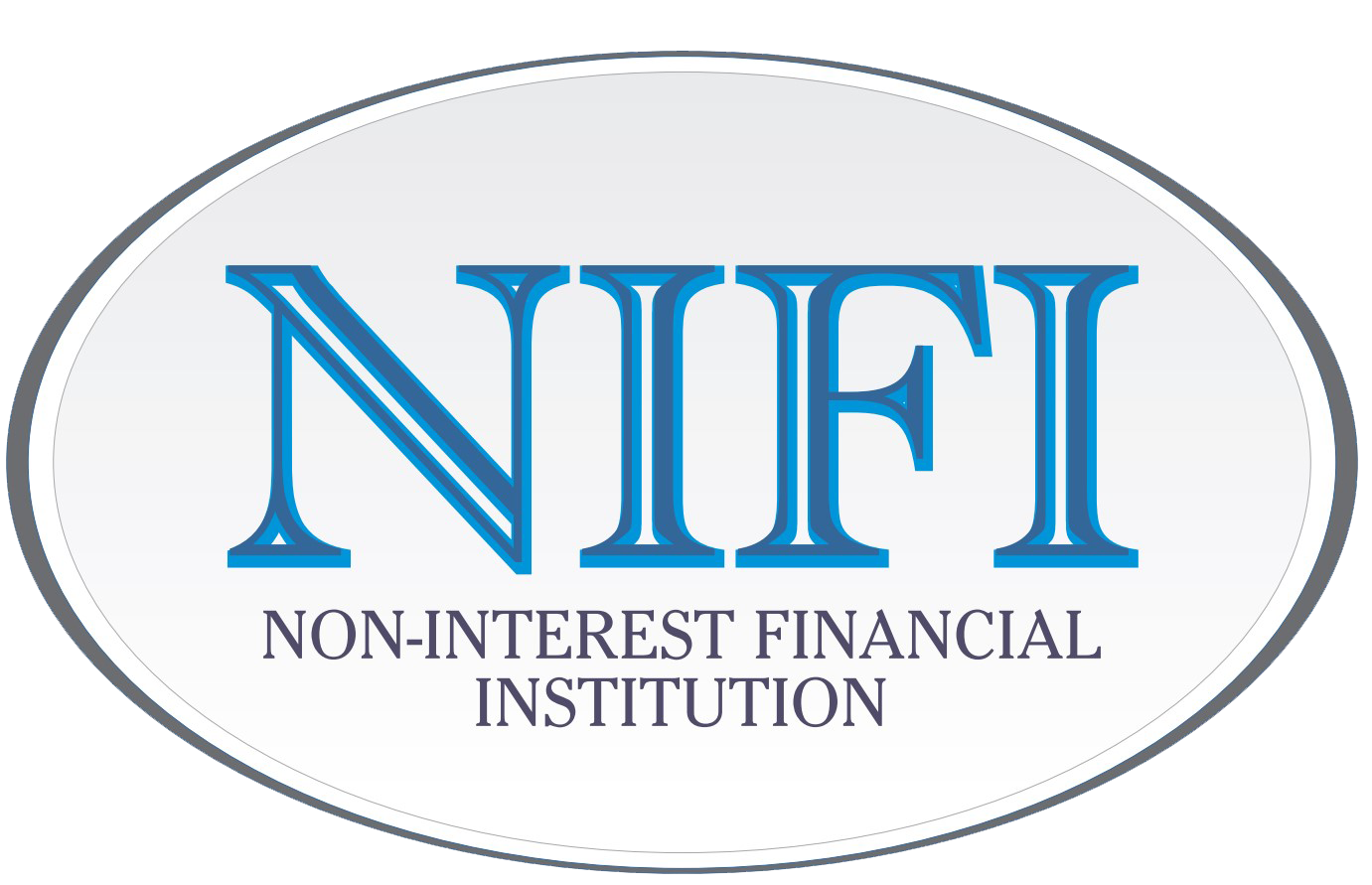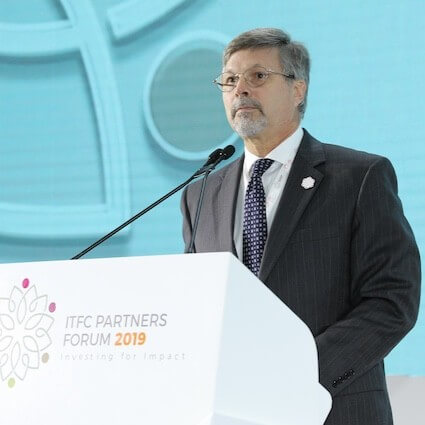Let’s be real. Who hasn’t dreamt of the “soft life”? That moment you check your bank account and feel peace, not panic. The freedom to pursue a passion, handle an emergency without breaking a sweat, or just live without the constant anxiety of a dwindling balance.
For many of us in our 20s and 30s, that dream can feel out of reach. If you daydream about having money that actually grows, not just disappears a week after payday, you’re in the right place.
Building wealth early isn’t about chasing risky “get-rich-quick” schemes. It’s about building small, smart, repeatable money habits that quietly stack up over time. Think of this as your friendly, practical playbook for turning financial stress into financial strength.
Why Your 20s and 30s Are the Golden (and Trickiest) Time to Start
Here’s the simple, powerful truth; time is your superpower.
Thanks to the power of compound growth, every Naira you set aside today has the potential to grow exponentially over the years. The habits you form now, in your prime earning and learning years, will make every future financial decision easier.
Saying all these doesn’t mean we’re oblivious to the situation of things, we know it’s tough out there. A 2024 savings report revealed a hard truth; 37% of employed Nigerians now earn less than ₦100,000 per month. With rising living costs and stubborn inflation, trying to save can feel like trying to fill a bucket with a hole in it.
The data shows we want to do better. PiggyVest’s 2024 report found that while most Nigerians intend to save, consistency is the biggest hurdle.
Translation? Our intentions are good. It’s the execution that trips us up; thankfully, this is completely fixable. We’ll sum up the solution in three simple pillars; Save. Protect. Grow. Every practical tip below falls under one of these.
Pillar 1: SAVE – Build Your Foundation
Before you roll your eyes and say “saving, again?”, you need to know that this is a foundation for building wealth. It doesn’t have to be hard, it’s just about creating a system that works for you, even when you’re not thinking about it.
1. Set Yourself Up to Win: Automate Everything
Planning your savings around vibes and feelings is a sure way not to save. There will always be “something” that comes up. The secret is to take the decision out of the realm of feelings.
The moment your salary lands, have an automatic transfer set up to move a portion of it into a separate savings account. It doesn’t have to be a huge amount. Even an automatic ₦5,000 transfer each payday is infinitely better than a well-intentioned “I’ll save later.” Automation turns saving from a chore into a background process, like breathing.
2. Create a Budget That You Won’t Hate
A budget that bans all joy is a budget that’s destined to fail. You’re human and you need room for a little fun.
Use a simple budgeting rule like the 50/30/20 method as a guide.
- 50% for Needs:Rent, food, transportation, utilities.
- 30% for Wants:Going out, subscriptions, shopping, “fun money.”
- 20% for Savings & Investments:This is your future!
This isn’t a strict law, but a guiding framework. The most important point here is giving yourself a guilt-free “wants” allowance. It keeps you from feeling deprived and makes you far more likely to stick to your financial plan.
Pillar 2: PROTECT – Create Your Financial Safety Net
Before you can grow, you need to be able to withstand a storm. In Nigeria, where social safety nets are thin, your personal safety net is non-negotiable.
3. Build Your “I Got This” Fund (aka Your Emergency Fund)
This is the most critical step to breaking the paycheck-to-paycheck cycle. An emergency fund is your shield against life’s unexpected curveballs; a sudden medical bill, a car repair, or an urgent family need. A 2024 survey by EFInA found that a staggering 74% of Nigerian adults are “severely financially distressed,” often because a single unexpected event can derail them.
Your first savings goal should be your emergency fund. Start by saving up one month’s worth of essential expenses. Once you hit that, aim for three months’ worth. The ultimate goal is six months of living expenses, tucked away where you can access it easily (but not too easily).
This fund is your peace of mind. It’s what allows you make clear-headed decisions when you’re under pressure.
4. Give Every Naira a Job With “Purpose Buckets”
Instead of one giant savings account, create different “buckets” or “pots” for your goals. This psychological trick makes your goals feel more tangible and real.
Create separate savings goals for what you’re working towards.
- Rent Bucket:To avoid the annual rent panic.
- “Japa” or Education Bucket:For that master’s degree or relocation plan.
- New Laptop Bucket:For that side hustle you want to start.
- December Bucket:Because planning for fun is also smart!
Pillar 3: GROW – Make Your Money Work for You
Once you have a solid savings and protection plan, it’s time to put your money to work. Saving alone won’t get you where you want to be financially.
5. Diversify Your Income and Invest the Difference
Find a way to create a second stream of income; freelancing, a small online business, or monetising a hobby. Once that extra money starts coming in, pretend it doesn’t exist. Treat your main salary as what you live on and dedicate 100% of your side income to investing.
This is where a tool like AltInvest by The Alternative Bank becomes your growth engine. It’s an ethical investment platform that lets you invest in real, tangible assets without the complexity. You’re not just putting money away; you’re becoming a partner in assets that have real value, like gold, a classic hedge against inflation and currency devaluation, and real estate.
The best part is that you can start small with fractional investing. You don’t need millions to become a real estate or gold investor. You can start with what you have and let your side hustle income grow on autopilot.
Common Mistakes to Sidestep on Your Journey
As you begin your journey of financial independence, here are a few mistakes you’re likely to make and should look out for:
- The “I’ll Start When I Earn More” Trap: This is the biggest lie we tell ourselves. The power of compounding means starting small nowis far more powerful than starting big later. Start with what you have.
- Budget Perfectionism: Your first budget may be messy, that’s okay. Aim for progress, not perfection, and adjust as you go.
- Chasing High Returns Blindly: If an investment promises returns that sound too good to be true, they probably are. Do your research, ask questions, and stick to regulated platforms.
Your First-Year Financial Independence Plan
Do you feel pumped up to start yet? Awesome, we’ve created a simple 12-month plan to get you going.
- Months 1-2 (Track Everything): Get a clear picture of where your money is going. Set up your first automated savings transfer, even if it’s small.
- Months 3-6 (Build Your Emergency Fund):Focus all your savings on hitting your 1-month emergency fund goal. Make your first small investment on a trusted platform.
- Months 7-12 (Expand and Grow):Push to grow your emergency fund towards the 3-month mark. Start your side income stream. Revisit your budget and see if you can increase your automated savings by at least 10%.
This plan is a suggested template that can be tweaked to reflect wherever you are in your financial journey.
Remember, financial independence isn’t a destination you arrive at overnight. It’s a journey made up of tiny, consistent habits that compound into freedom. You can start by automating your savings on the AltBank App and link it to your AltInvest app to make your growth seamless.
You’ve got this.



